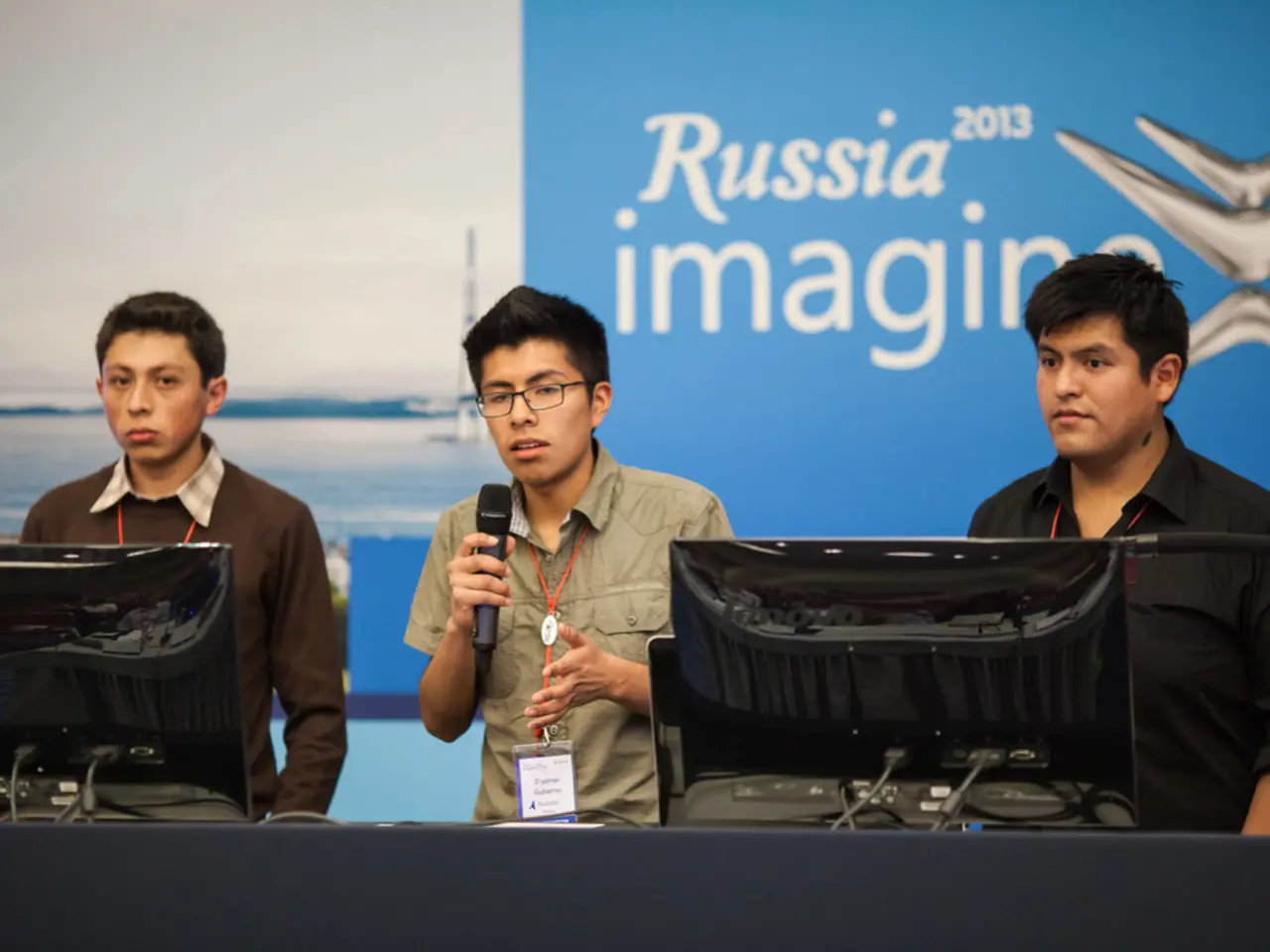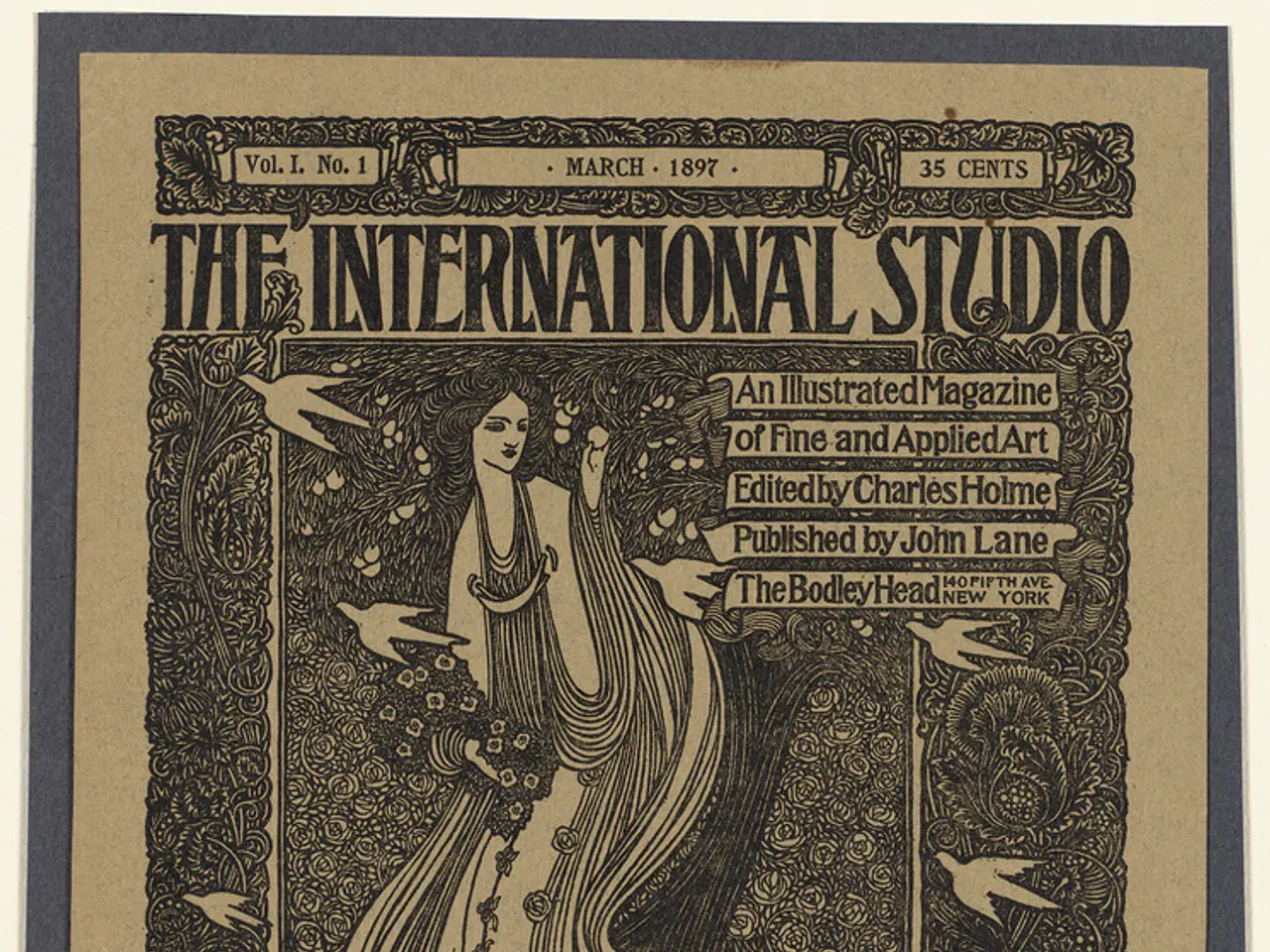Cinema platforms in Russia face compulsory removal of harmful content or risk closure
In a move that could significantly impact the film industry and streaming services in Russia, the State Duma is considering a bill to change the rules for issuing distribution certificates for audiovisual services. This follows the enactment of a law banning LGBT propaganda, pedophilia, and gender change in various forms, including books, films, advertising, and media, which came into force on December 5, 2022.
Andrei Lugovoi, deputy head of the LDPR faction, emphasized the need for these regulations, stating, "We must ensure that films that go beyond our Russian understanding do not appear in Russia." The proposed regulations will apply to legal entities of audiovisual services, including online cinemas such as Kinopoisk, Okko, Wink, TV channels such as "First", NTV, "Match TV", "Tricolor", and video hosting services such as "VK Video" and Rutube.
The bill is part of amendments to the federal laws "On Information" and "On State Support for Cinematography". However, the transition period of three years currently being discussed is not clear regarding how legislative norms will be applied to platforms during this period if prohibited content is discovered.
The charges against the suspects, who are currently under house arrest, involve their use of official positions in the publishing houses and publishing and selling books between November 2023 and September 2024. They are charged with part 3 of article 282.2 of the Criminal Code of the Russian Federation for publishing and selling books that contained propaganda of the LGBT movement.
The Russian Union of Industrialists and Entrepreneurs (RSPP) estimated the costs of implementing the introduction of distribution certificates for domestic streaming platforms and additional conditions for obtaining certificates for films and series at 1.5-1.6 billion rubles. The criteria for evaluation are not entirely clear, as there are films that passed under Soviet censorship but may not pass under current traditional values.
In addition to these regulations, Russia is also considering several digital content regulations that could impact the film industry and streaming services. These include labeling of AI content, disinformation and censorship, and data sharing and digital policies. While specific regulations regarding distribution certificates are not detailed, broader digital content policies in Russia are likely to impact content control and censorship.
It is important to note that more than half (51%) of Russians aged 16 to 55 use streaming services, with the highest penetration rate in Moscow and St. Petersburg. The recognition of the LGBT movement as an extremist organization and the subsequent ban on its activities were decided by the Supreme Court in November 2023.
The maximum penalty for the charges is 12 years in prison. The Zamoskvoretsky Court of Moscow has placed three employees of publishing houses Popcorn Books and Individuum under house arrest until July 13, 2025. As these developments unfold, the future of the Russian film industry and streaming services remains uncertain.
[1] Source: [Link to the source] [2] Source: [Link to the source] [3] Source: [Link to the source]
In contrast to the ongoing debates about the impact on the film industry and streaming services in Russia, it seems that sports-related content may continue to thrive with the exception of any content that goes beyond the Russian understanding, as highlighted by Andrei Lugovoi. This implies that sport-related films, TV channels, and online platforms such as "Match TV" and video hosting services like "VK Video" and Rutube could still be accessible, assuming they align with traditional Russian values.






